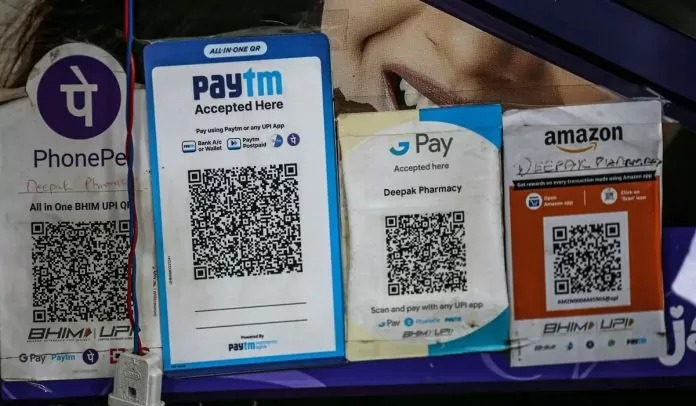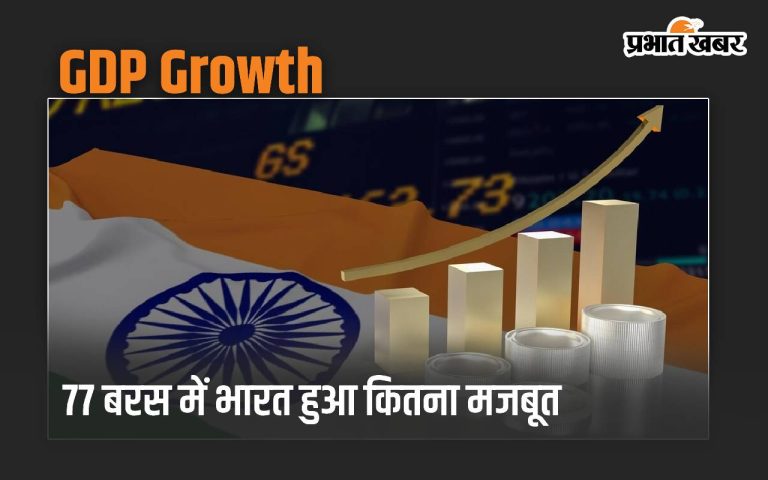New UPI account: Now new customers will not be able to add Google Pay and PhonePe? Know what is the whole matter
National Payments Corporation of India (NPCI) had made a rule that no third party payment wallet will have more than 30 percent share in UPI transactions. If the share of any payment wallet exceeds 30 percent, then arrangements will be made to reduce it.
This rule was initially scheduled to come into effect from December 2022, but later third-party app providers (TPAP) like Google Pay and Walmart’s PhonePe were given a two-year extension, which is scheduled to end by the end of this year i.e. December 2024. . , This means that payment apps whose share in digital transactions is more than 30 percent will have to make arrangements to reduce it by January 1, 2025.
How will the stake be reduced?
Only two third-party payment apps like Google Pay and PhonePe currently account for 85 percent of UPI-based transactions. Whereas Paytm has been the most popular app in this segment, yet its share is quite low. These apps are also waiting to see whether any guidelines come from NPCI regarding reducing the share in digital transactions. NPCI runs the Unified Payments Interface (UPI), which is used for real-time digital payments at the time of purchases.
News agency PTI quoted sources as saying that NPCI will explain how to implement the 30 percent UPI market limit to reduce the risk. One solution could be to restrict apps with more than 30 percent share from adding new customers. However, this work will be done in a phased manner, so that users do not have to face any kind of problem.
There are still a few months left for the deadline to end. In such a situation, it is expected that in the coming time, NPCI will give more clarity on this, so that this rule can be implemented without any hindrance.
Loss of users due to monopoly
A senior banker says, ‘When the transaction volume of two apps (Google Pay and Phone Pe) is so high, the risk increases. If there is any problem with them then the entire payment system will be shaken. Due to this, users may have to face big problems. This is the reason why NPCI is making arrangements to reduce its stake in digital transactions.
Sanjeev Sharma, a senior lawyer specializing in competition laws, says that in such a situation, the scope for competition is significantly reduced, due to which users may have to pay higher prices.
He said that big companies invest heavily to gain market share. When they gain a monopoly on the market, they raise the prices of their services to get a higher return on their investment. This also reduces the scope for innovation and small companies do not get a chance to flourish.






